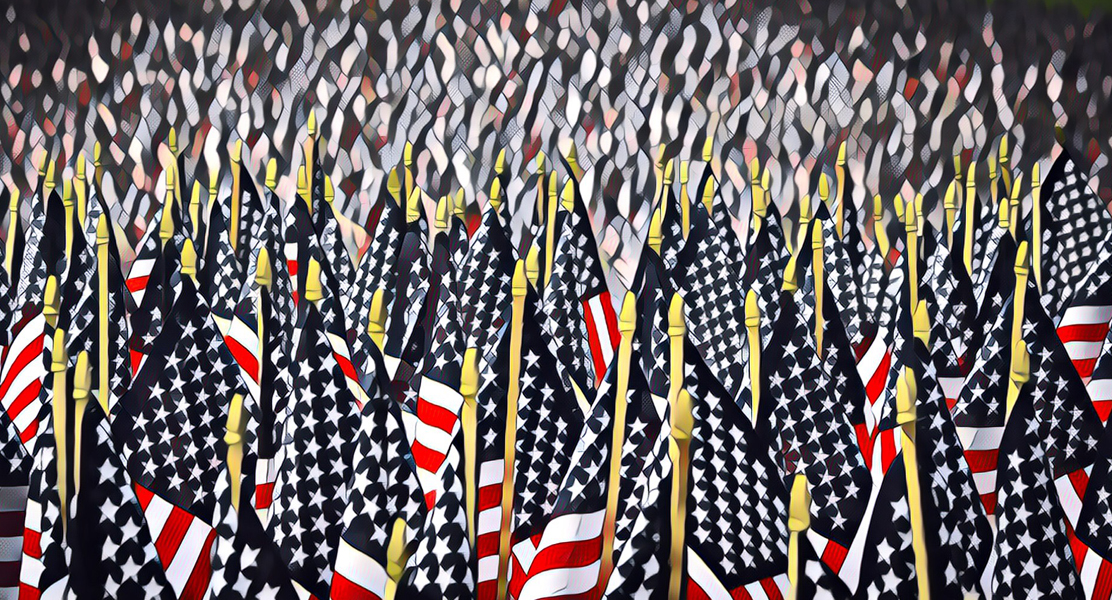Is politics today’s biggest threat to faith?

Writing for TIME magazine, author and sociology professor Dr. Samuel Perry makes the case that the growing secularization of America is in part a result of our broken politics. As more Americans turn away from religion, he explains, one factor is the identification of Christianity with right-wing politics and the Republican Party. “This is particularly the case among young people,” Perry writes, explaining a fascinating study conducted by political scientists from Notre Dame:
[Y]oung Americans who leaned toward the Democratic party were shown examples of politicians making Christian nationalist statements or pastors endorsing conservative political candidates, those young people were more likely to disaffiliate from religion. They literally changed their religious identity to nothing.
That’s not even the most dangerous constellation between politics and faith, Perry says. While political association is turning some Americans away from religion, it’s also defining religion for many others who embrace it. He points to a 2021 Pew Research study showing that those increasingly embracing the label “evangelical“ are more and more detached from religion. More than a quarter of self-identified evangelicals claimed to never or seldom attend church. (A small but growing number of Catholics, Muslims, and Hindus also identify as “evangelicals,” despite having no connection to Protestant Christianity.)
“Being a conservative Christian,” Perry writes, “is rapidly becoming less about theological beliefs or religious practice, but rather a commitment to partisanship and political ideology.” That is a recipe for a gutted and dangerous faith built on Christian nationalism. That ideology is less in line with the American tradition of religious liberty for all, and more in line with religious trends in nondemocratic countries.
This is what we see in Putin’s Russia, for example. In recent decades, the percentage of Russians who identify with Russian Orthodoxy has grown. But closer scrutiny by Pew Research Center shows that the resurgence doesn’t reflect a rise in religious practices like church attendance and prayer, but instead it reflects nationalistic fervor, ethnocentrism, and a fondness for the old Soviet Union and Stalin.
It is more important than ever for Christians to take a stand against the rise of Christian nationalism and in defense of the true guiding principles of our faith. To add your voice to this cause, read more about Christians Against Christian Nationalism and how you can take action. And, if you’re a Christian, we encourage you to sign the statement of principles!
For more on this topic, listen to a recent episode of BJC’s Respecting Religion podcast, featuring filmmakers Rob Reiner and Dan Partland talking with BJC Executive Director Amanda Tyler what they learned making a film about the dangers of Christian nationalism.




